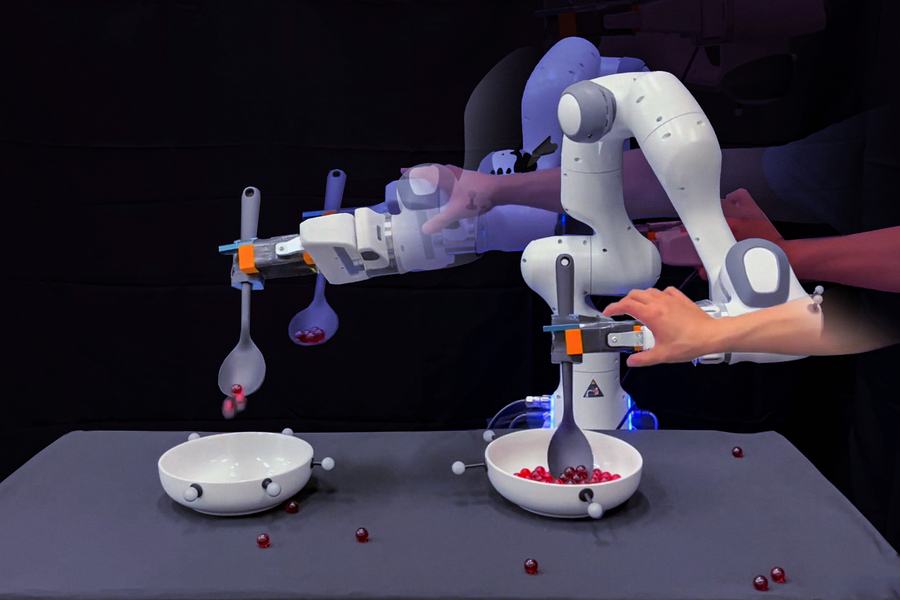The landscape of home robotics has long been overshadowed by the pioneering Roomba, and despite myriad technological advances, the challenges remain staggering. Pricing, design, and complex mapping options have all contributed to a sluggish consumer reception. Yet, a fundamental question lingers: how can we equip these robots to navigate errors autonomously? Recent explorations in artificial intelligence, particularly through the lens of Large Language Models (LLMs), offer a beacon of hope. This blog delves into a revolutionary approach that could redefine robot error recovery without ever needing human intervention.
Understanding the Limitations of Home Robots
While Roombas made waves, their successors haven’t quite taken flight. The obstacles are familiar: consumers shouldn’t have to become impromptu programmers every time their home companion fumbles. That’s where the brilliance of LLMs comes into play. Research from MIT set to be unveiled at the International Conference on Learning Representations (ICLR) illustrates how these models can provide robots with a dose of “common sense.”
The Power of Imitation Learning
Imitation learning has been a cornerstone of home robotics. Robots observe and then mimic tasks; however, this method often falters in the face of the unpredictable nature of home environments. For instance, tiny changes—from a shifted piece of furniture to a spilled drink—can cause a robot to stall and revert to the initial setup. MIT researchers tackled this issue head-on by breaking down complex tasks into smaller, manageable subsets instead of viewing them as continuous actions.
Revolutionizing Error Recovery with LLMs
The innovation does not stop at merely dissecting tasks. The integration of LLMs play a vital role. They possess the unique capability to articulate step-by-step processes in natural language, bridging the gap between verbal instructions and robotic execution. This connection is crucial as it allows robots to self-identify which phase they are in and adjust accordingly. As Tsun-Hsuan Wang, a graduate student involved in the study, notes, “When the robot is making mistakes, we don’t need to ask humans to program or give extra demonstrations of how to recover from failures.”
A Hands-On Example: Marble Scooping
A practical demonstration illustrates this approach vividly. The researchers trained robots to perform the seemingly simple task of scooping marbles and pouring them into a bowl. However, to inject realism into the scenario, small disruptions were intentionally introduced, such as nudging the robot slightly off course or knocking marbles from its spoon. Remarkably, rather than scrapping the task and restarting, the robots leveraged their LLM-driven insights to recalibrate and self-correct, addressing the disruptions with newfound autonomy.
The Future of Home Robotics: Independence and Intuition
The ramifications of this study run deeply into the fabric of home robotics. By empowering robots to learn from their missteps, we redefine user experience. Consumers can expect their robotic assistants not just to perform actions but to exhibit a form of intuition, adapting without requiring constant human oversight. This not only enhances usability but could vastly extend the lifespan and relevance of home robotics in the everyday household.
Conclusion: A New Dawn for Domestic Robots
As this new frontier in robotics unfolds, we witness the convergence of artificial intelligence and practical domestic applications. Armed with LLMs, robots are poised to become far less dependent on human intervention when navigating everyday challenges. At fxis.ai, we believe that such advancements are crucial for the future of AI, as they enable more comprehensive and effective solutions. Our team is continually exploring new methodologies to push the envelope in artificial intelligence, ensuring that our clients benefit from the latest technological innovations.
For more insights, updates, or to collaborate on AI development projects, stay connected with fxis.ai.

